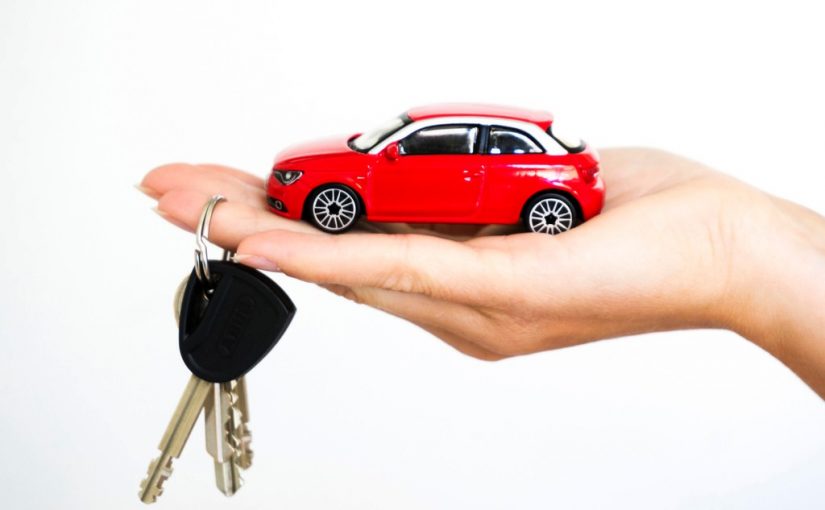
Just Passed? Here’s How To Buy Your First Car
Posted in: Driving Tips, Fleet Driver News, News.
Congratulations on passing your driving test! You’ve just spent months getting to grips with being on the road, learning the laws and the rules and getting confident with handling a huge vehicle that you’ve been learning in. It’s time to swap those L plates for P plates, because you’ve just passed your driving test. The most exciting bit about learning how to drive is the freedom you have on the road, and just after that, buying your first car
You may have grand ideas about the type of car you want to buy. That top of the line Range Rover Discovery or that Porsche 4×4 are the stuff of lottery-winning daydreams. Don’t worry though – just because you may not be able to afford one of those luxury cars right now, doesn’t mean you won’t one day! Buying your first ever car is daunting, especially if the car you are buying is a used one. You must be careful about the car you buy and when you go to actually choose the car, bringing an experienced car driver and owner with you to ask questions you may forget is a smart decision. So, when you’ve never bought a car before, how do you go about buying one?
Firstly, you need to decide on your budget. Paying for a brand-new car isn’t just about the money you spend buying it – it’s the petrol, the road tax, the MOT and car insurance. The running costs of the car has to be included in your overall budget otherwise you’ll find yourself way out of pocket! You may be lucky enough to have money saved for your first car purchase, alongside the running costs. If you don’t, there are several ways you could go. You could start by applying for a small loan to cover the initial costs of everything from the insurance up front the cost of the car. You could get your car on finance, and make payments for the car monthly but you would still need to ensure you could cover road tax and insurance costs. Where you can, negotiate the price of your chosen car. You are the one with some power here and haggling on the cost can get you everywhere. They can say no, but that doesn’t mean you have to settle and buy!
Next, you need to have your car inspected. A used car has a history and previous owners that need to be checked out so that you can make a more informed decision on whether you go ahead and buy. Checklists such as this one can really come in handy when buying a car, as it can make you think long and hard about whether you should buy the car at all. Visual checks of the bodywork, engine and tyres are all necessary before you buy. Checking for rust on the body work, a neglected engine and whether the tyres are legal are important. The place you are buying the car from is always going to tell you it’s in good shape, which is why you need an experienced eye to be cast over it with you.
You can buy a car from a private seller, but you must remember that a private seller has no after sales service, which could be a problem later on. It’s always best to buy from a reputable dealer.
Before you sign on the dotted line and get too excited, always test drive your new car. Start the engine from cold so you can spot any problems, and you should try and drive the car on a number of different roads. This should include the motorway so you can bring the car up to a speed and see if there are any issues. Getting insurance quotes before you leave with the car is also important and you can do this while you’re in the dealership. It doesn’t take more than ten minutes to insure yourself on a new car, and while you’re at it you can ensure the car has a good service history. Your first car should be exciting and not stressful, so getting as much advice as possible before you purchase is an absolute essential.
It’s rare, but finding the car has a history of being stolen, or even a cut and shut vehicle which is where two separate cars have been sliced in half and soldered back together. Dangerous? Yes. Stupid? Yes. Still a problem? Absolutely. Being smart about buying your first car will mean the difference between driving safely and happily or driving dangerously. We know which one we’d prefer!
Tags: buying a car, passing your driving test, road tax